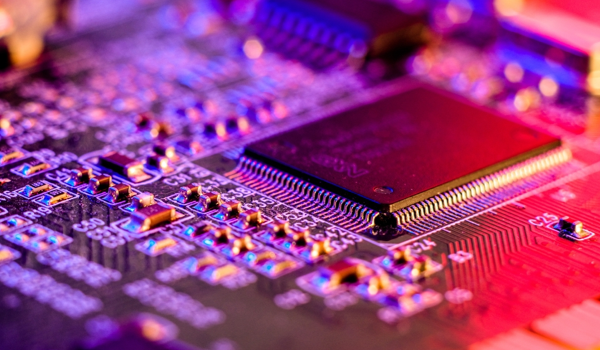


STOCKHOLM - In addition to dealing with the fallout from open warfare in Eastern Europe, the world is witnessing the start of a full-scale economic war between the United States and China over technology. This conflict will be highly consequential, and it is escalating rapidly. In October, the US Commerce Department introduced severe new restrictions on the sale of advanced semiconductors and other high-tech goods to China.
Even as Russia has been using missiles to try to cripple Ukraine’s energy and heating infrastructure, the US is now using export restrictions to curtail China’s military, intelligence, and security services.
Moreover, in late August of last year US President Joe Biden signed the CHIPS (Creating Helpful Incentives to Produce Semiconductors) Act, which includes subsidies and other measures intended to bolster America’s domestic semiconductor industry. Semiconductors are - and will remain - at the heart of the 21st century economy. Without microchips, smartphones would be dumb phones, cars would not be able to move, communications networks would not function, any form of automation would be unthinkable, and the new era of artificial intelligence that is unfolding would remain the stuff of sci-fi novels. Controlling the design, fabrication, and value chains that produce these increasingly important components of people’s lives is thus of the utmost importance. This new chip clash is nothing less than a war for control o
The content herein is subject to copyright by Project Syndicate. All rights reserved. The content of the services is owned or licensed to The Yuan. The copying or storing of any content for anything other than personal use is expressly prohibited without prior written permission from The Yuan, or the copyright holder identified in the copyright notice contained in the content. Continue with Linkedin
Continue with Linkedin
 Continue with Google
Continue with Google









 1284 views
1284 views








